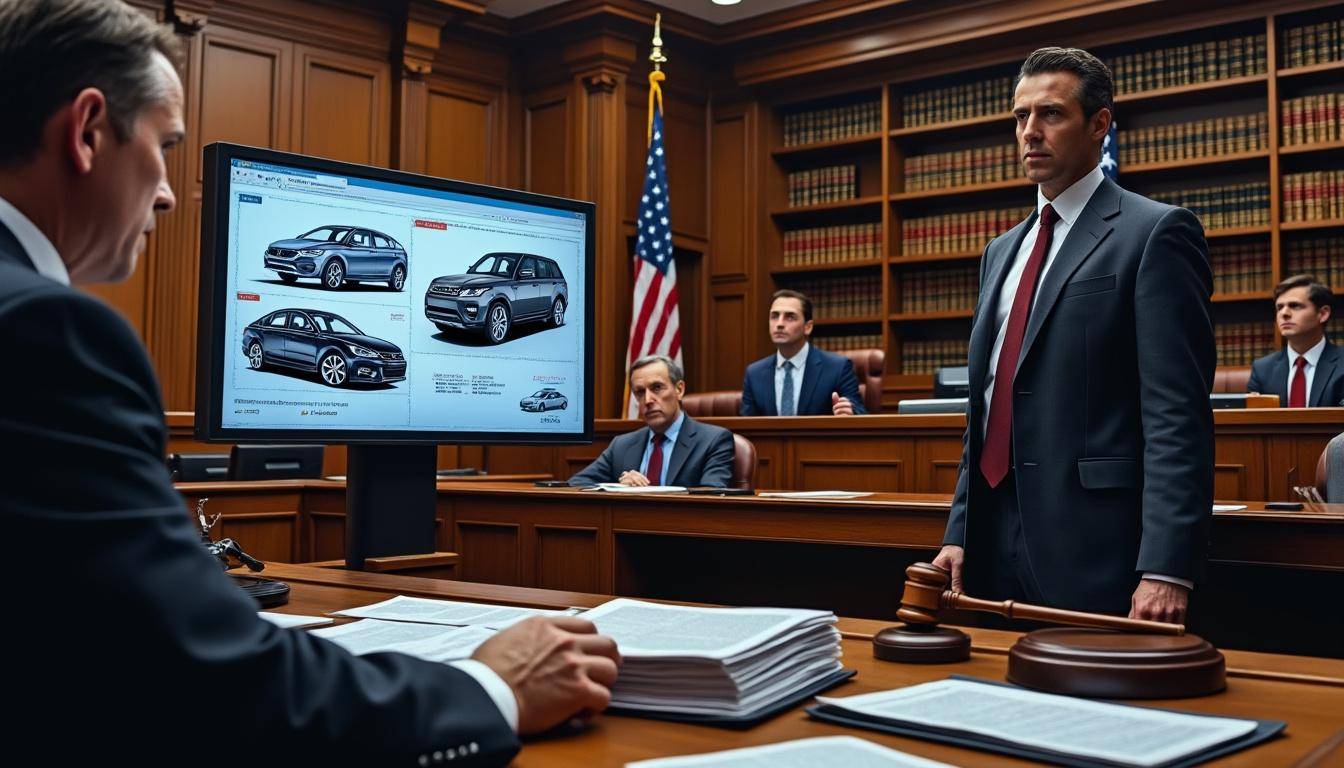Car accident court cases often weave a complex narrative that extends beyond the immediate physical damage. Understanding the intricate web of legal, emotional, and procedural challenges is crucial for anyone seeking fair compensation in 2025. With evolving traffic laws, insurance complexities, and the rising costs associated with personal injury claims, navigating these disputes requires more than just knowledge—it demands expert guidance through each legal twist and turn. For victims of car accidents, this journey is daunting but essential to securing justice and rebuilding lives disrupted by negligence.
Decoding the Legal Framework of Car Accident Court Cases
Car accident litigation involves multifaceted processes that touch on liability, evidence, and statutory regulations. Victims and defendants alike must understand their legal rights and obligations within this framework.
- Establishing liability: Identifying which party is responsible based on negligence or violation of traffic laws.
- Gathering robust evidence: This includes accident reports, witness statements, and medical documentation. Proper collection is vital to support claims, as emphasized in this comprehensive guide.
- Evaluating damages: Physical injuries, emotional distress, and material losses must be quantified accurately.
For anyone uncertain about navigating these elements, consulting platforms like AccidentAdvisors or joining communities such as ClaimCrew might provide valuable insights and support.
Common Legal Challenges in Car Accident Cases
Disputes often arise from unclear fault distribution, disputed injury severity, or insurance hurdles. Particularly, psychological injury claims can face unique obstacles that delay or diminish compensation. Details around such challenges are well explored in the article on psychological injury claims and hurdles.
- Proving causation: Establishing direct links between the accident and injuries.
- Insurance negotiations: Balancing settlement offers against potential court awards.
- Settlement delays: Recognizing the factors that contribute to stalled resolutions, such as complex evidence or legal appeals, as discussed in case studies on settlement delays.
Facing these challenges requires strategic legal planning and thorough documentation. The role of specialized attorneys cannot be overstated in steering the case toward a favorable verdict.
How Specialized Legal Representation Shapes Outcomes in Complex Car Accident Litigation
Engaging with attorneys well-versed in car accident law is often a decisive factor, especially in cases complicated by injury severity or contested liability. Legal professionals affiliated with services such as LegalLane or AutoLitigate provide indispensable expertise.
- Navigating court procedures: Skilled lawyers streamline filings, hearings, and appeals.
- Maximizing compensation: Through detailed case analysis and negotiation tactics, lawyers can uncover latent claims and advocate assertively.
- Personal support: Lawyers offer guidance through emotional and financial stress, making complex legal processes manageable.
For a practical overview of these costs and what to expect, readers can refer to a breakdown of car accident lawyer fees.
When to Take Your Car Accident Case to Court
Not every incident necessitates formal litigation. Understanding the threshold between negotiation and court action is critical for effective resolution.
- Severity of injuries: Significant or permanent injuries often require court interventions.
- Disputes over liability: When fault is contested, courts provide an impartial forum.
- Insurance refusal or lowball offers: Litigation can compel fair settlements.
Cases shown in legal precedents involving sue amounts affirm that courts weigh evidence carefully to determine just awards.
Essential Strategies to Build Strong Car Accident Claims
Effective claims originate from meticulous preparation and understanding the components that courts scrutinize closely. The role of accurate documentation and timely legal steps cannot be understated.
- Immediate accident reporting: Filing accident reports promptly helps preserve facts for future use.
- Medical records and expert opinions: Chronological and professional injury assessments reinforce claim validity.
- Witness identification: Reliable testimonies can tip the scales in challenging liability scenarios.
- Legal consultation: Early engagement with knowledgeable attorneys such as those found through InjuryInsights or JusticeDrive.
Visit this resource for a detailed step-by-step process following an accident.
Handling Emotional and Financial Aftershocks
Beyond physical injuries, victims wrestle with emotional trauma and economic strain. Legal systems worldwide increasingly recognize this multi-dimensional impact.
- Compensation for emotional distress: Courts can award damages for psychological impacts given sufficient proof.
- Reimbursement for lost wages: Victims are entitled to financial coverage for time off work.
- Cost of ongoing care: Long-term medical and rehabilitation expenses factor into compensation.
For examples of court rulings that address these issues, the article on court awards concerning injury declines provides illuminating insights.
Frequently Asked Questions About Car Accident Court Cases
- What is the typical timeline for a car accident court case?
Cases may last from several months to over a year, depending on complexity and court scheduling. - Can I pursue a case without an attorney?
While possible, legal representation significantly improves the chances of a favorable outcome. - How do insurance policies affect court cases?
Insurance companies often negotiate settlements but may resist paying full claims; court involvement can enforce fair payments. - What evidence is most compelling in court?
Accident reports, medical records, and credible witness statements carry the most weight. - Is emotional distress compensable in car accident claims?
Yes, provided that adequate documentation proves the psychological impact caused by the accident.
